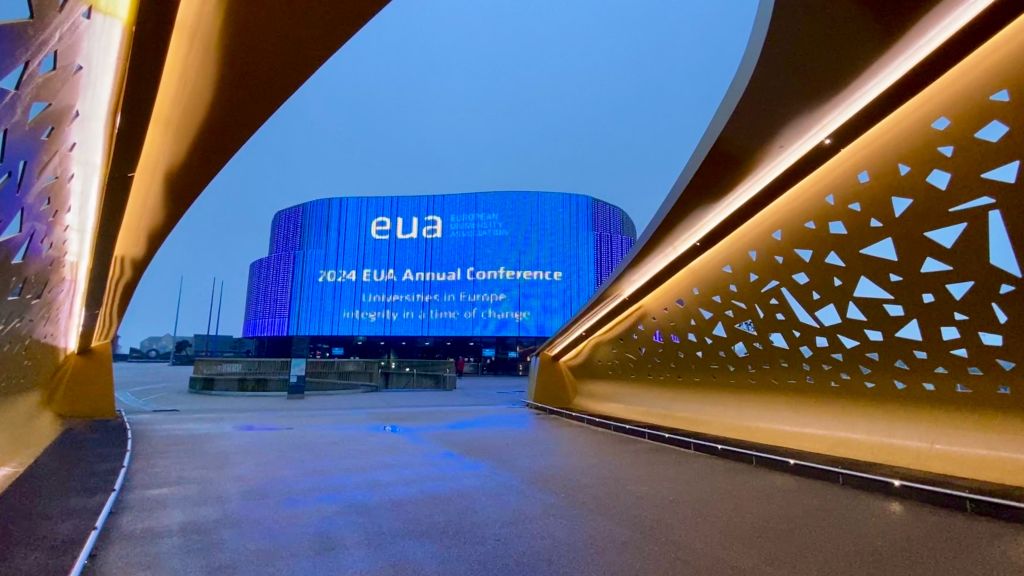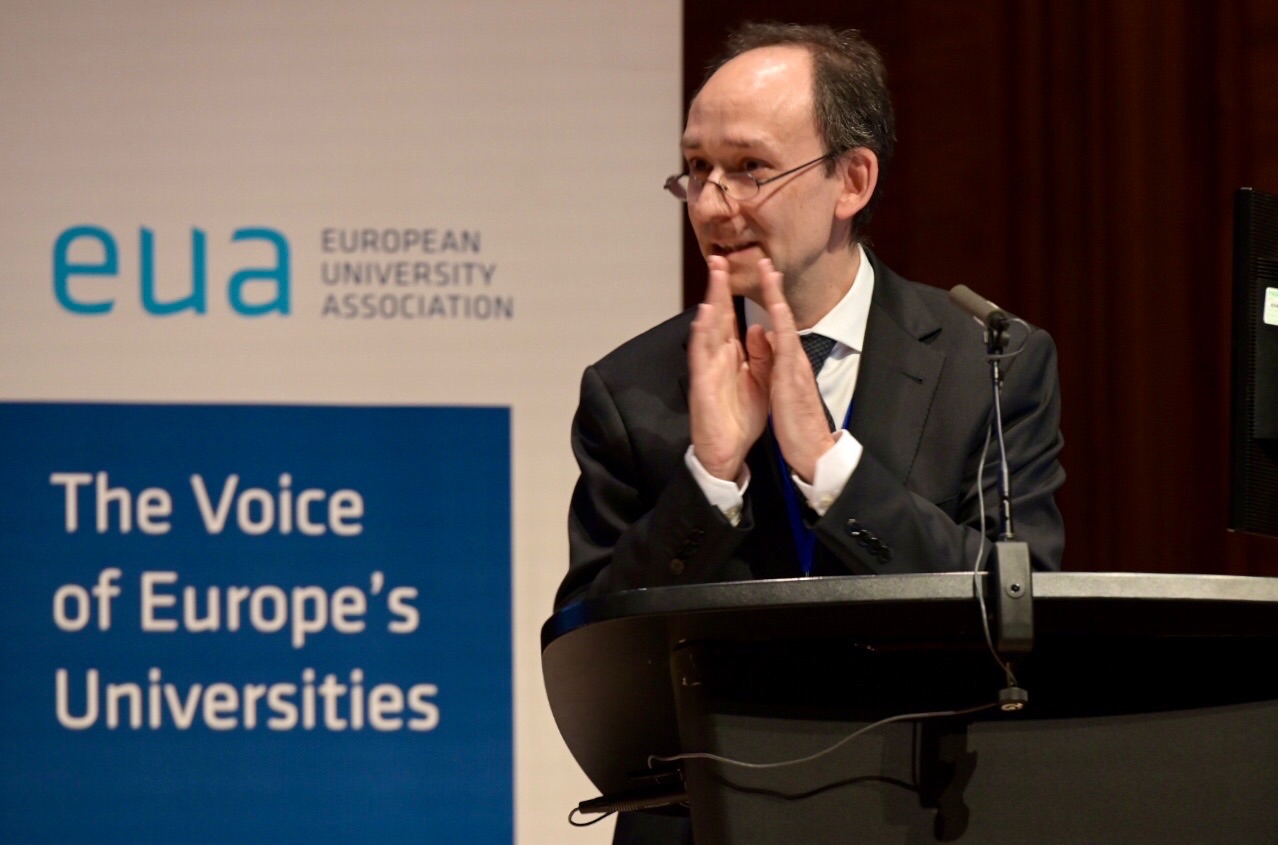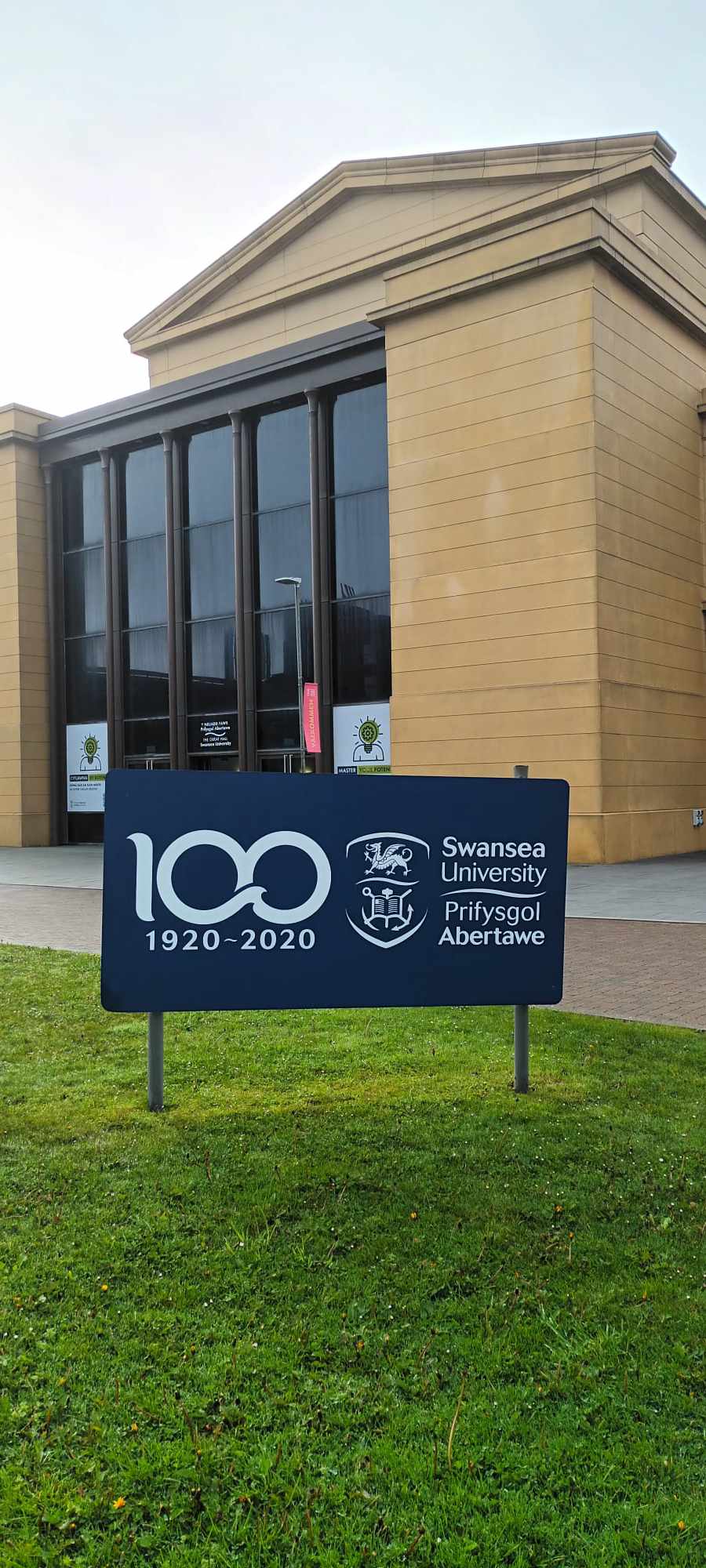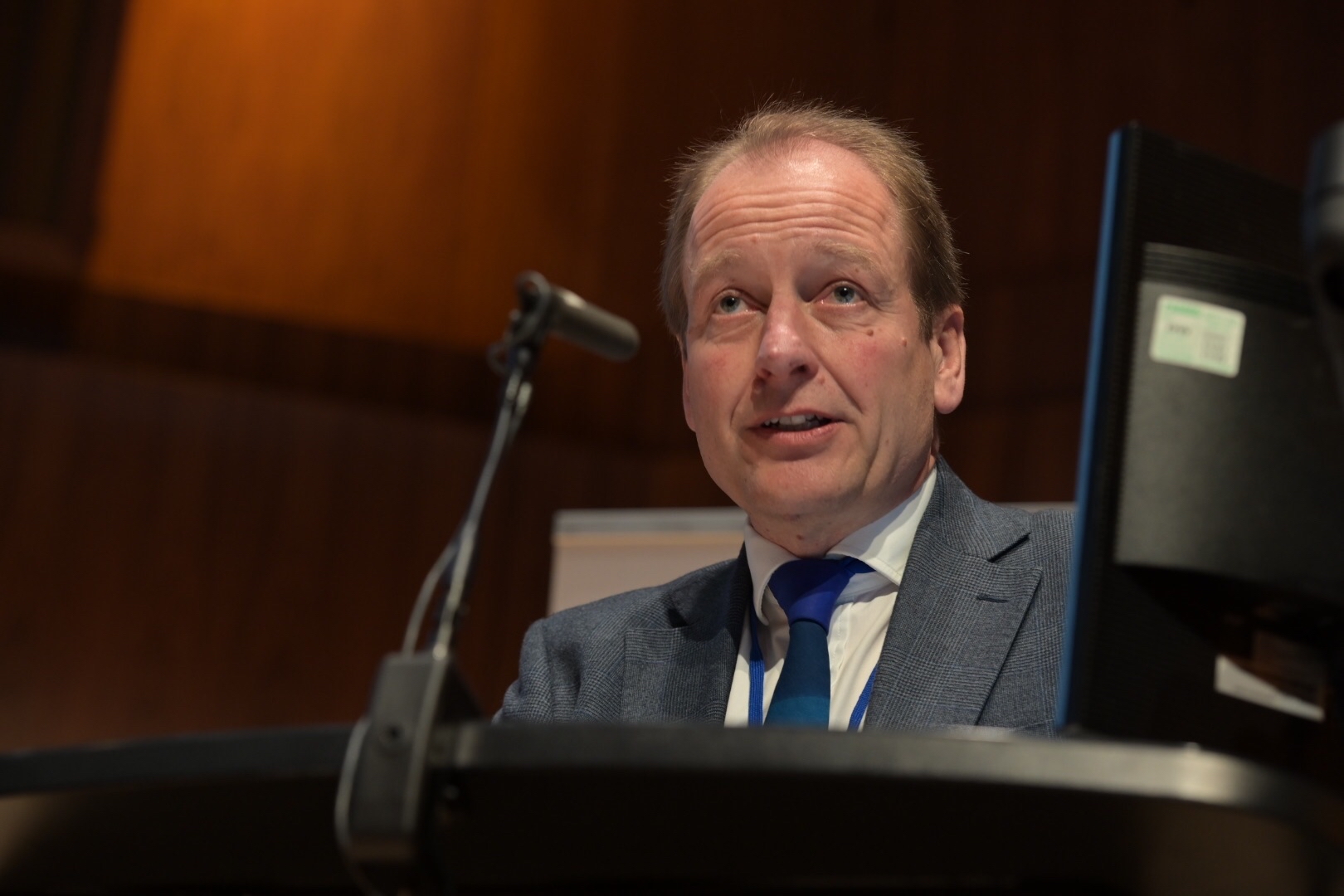European University Association conference
On April 11-12, prof. Janusz Kapuśniak – Vice-Rector for Research & International Relations represented Jan Dlugosz University in Czestochowa during the annual Plenary Assembly and Conference of the European University Association, organised at Swansea University in Wales. The event was attended by over 100 rectors and vice-rectors from over 40 countries. It was the first meeting attended by a representative of JDU after the University was admitted to the association of over 800 European universities.
The conference began with a session entitled Leadership and Integrity. The panelists tried to answer the question of what the key characteristics of a leader acting with integrity are. The audience agreed that these are honesty, transparency and accountability. Leaders must convey an enthusiastic vision and execute the mission based on principles and values. Curricula should take into account the issues of integrity and how to learn it.
The second session focused on digital sovereignty. Universities do not have the resources to develop all the necessary digital infrastructure on their own. Security is a matter of risk management. Above all, the university's core digital services must be protected. Valuable information is stored in our institutions. It is the university's responsibility to make the entire community aware of this and educate students to be digitally responsible.
In the next session, an attempt was made to answer the question of whether research ethics is normative or evolving/adaptable. Attention was drawn to the fact that new digital technologies will be used in an inclusive way. Open AI et al. can be a huge help for people with disabilities, for example. Guidelines are important, but they must take into account the needs of the individual. Generative AI has become a fact of university life, so it doesn't make sense to prohibit it. However, its use must be managed properly and wisely. It has been emphasized that ChatGPT creates knowledge detached from individual learning, but also from context, drawing information from infinite sources. If everyone is using generative AI, where does the new knowledge come from? We will only have static knowledge circulating continuously. Students need to have a clear message about whether they can use generative AI and to what extent.
On the second day of the conference, the discussion on artificial intelligence was continued. The speakers concluded that in order to turn AI from an "existential threat" into a "golden opportunity", it is necessary to provide good support for students and academic staff (from curricula to assessment principles to IT competence and integrity principles). An important session was the one on research-oriented learning and student engagement in research starting at the bachelor's level.
During the panel discussion on the 10. EU Framework Programme the speakers considered it necessary to convince Member States to invest 3% of their GDP in education, research and innovation. The speakers also stressed the need to increase the emphasis on research and innovation in European University alliances.
During the closing session of the second day of the meeting, academic careers were discussed, especially the need to change the approach to career and build a career based on individual predispositions, talents and skills of a researcher at the beginning of their professional career. It was found that the current career model based on combining a number of scientific, didactic and organisational responsibilities is already exhausted. As a result, only 10% of researchers with a PhD remain in academia.
In conclusion, EUA President Josep M. Garell stated that "As universities, we do not have an easy task. But we should aim high and dream of a better future!"
This is what I wish for myself and for everyone!
Prof. Janusz Kapuśniak




Date added: 16 April 2024

